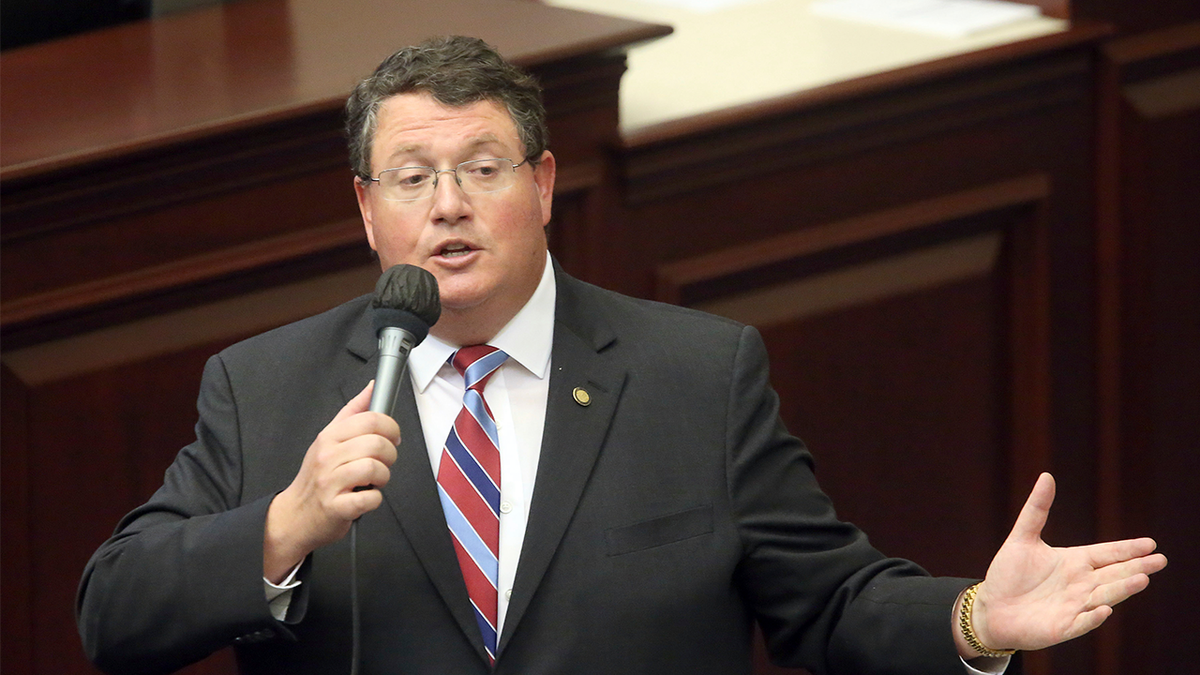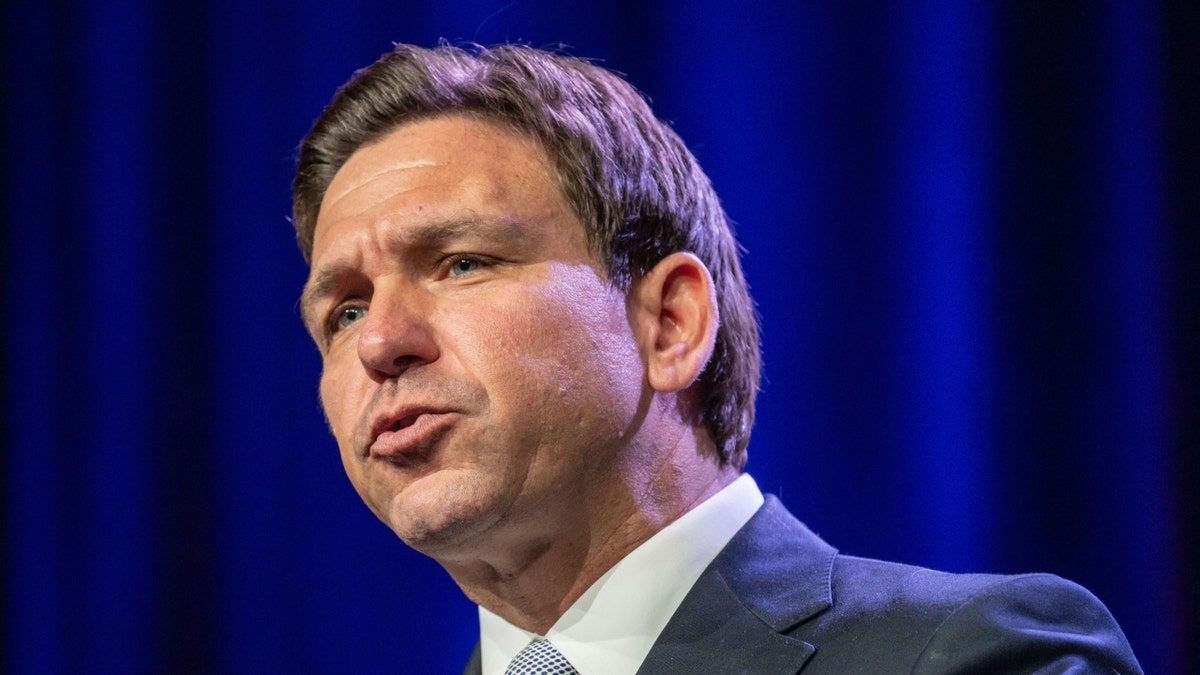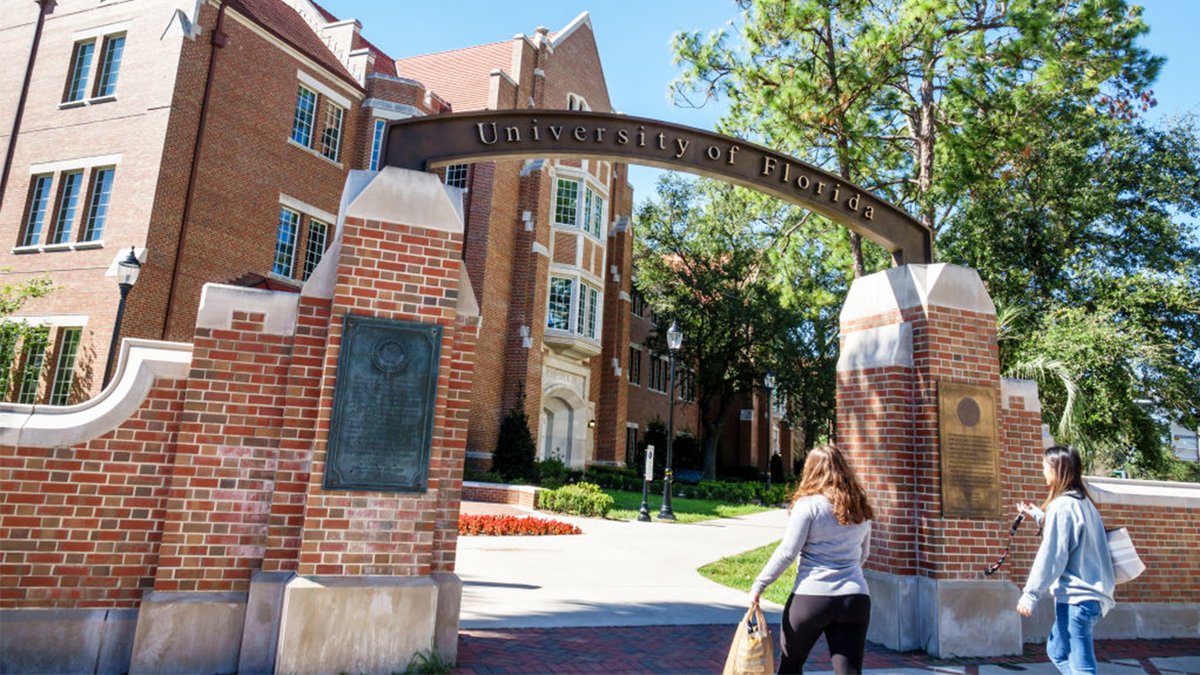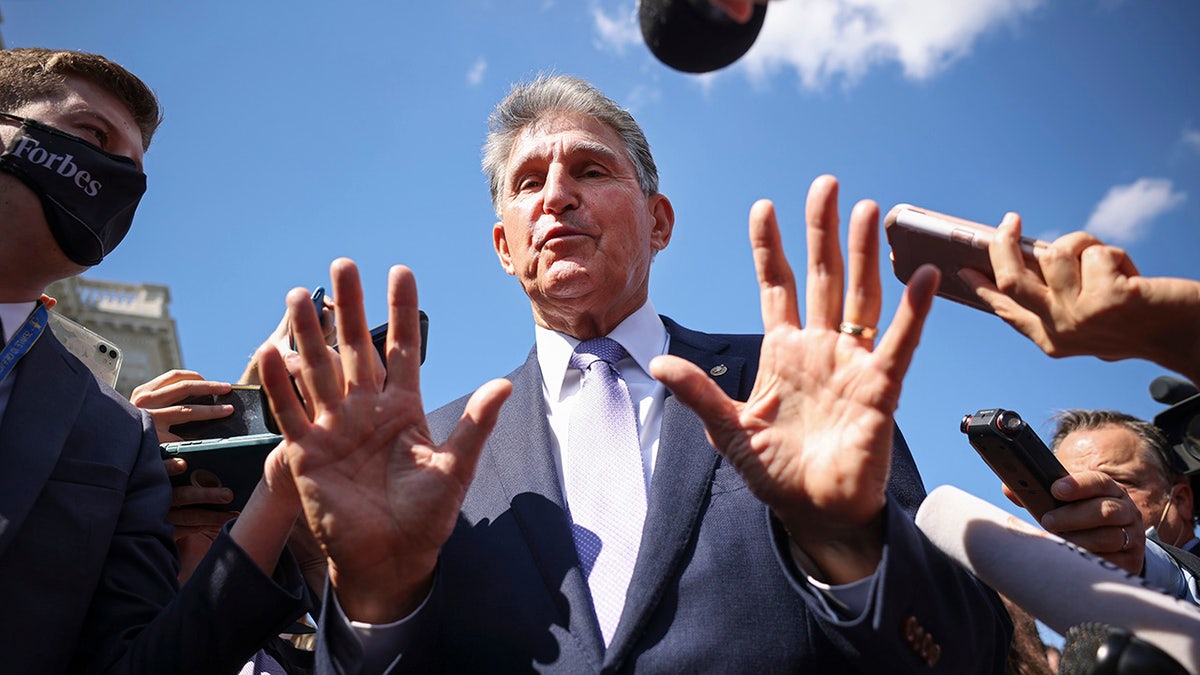A newly proposed bill in Florida aims to limit access to public universities for undocumented immigrants. State Senator Randy Fine, a Republican, introduced the legislation following Governor Ron DeSantis's call for a special session focused on immigration.
The proposed legislation would bar undocumented students from attending public colleges and universities with acceptance rates below 85%. This would affect institutions such as the University of Florida, Florida State University, the University of Central Florida, and Florida International University.

Senator Fine questioned the fairness of allowing undocumented individuals to occupy spots potentially available to Floridians or other U.S. citizens.
This bill comes alongside another recent proposal from Senator Fine that would require DACA recipients to pay out-of-state tuition. Currently, undocumented immigrant students can qualify for in-state tuition at public institutions in Florida. During the 2023-2024 academic year, approximately 6,500 undocumented students received waivers for out-of-state tuition at Florida's public colleges and universities, as reported by the Florida Policy Institute.
The Pew Research Center estimates that around 1.2 million undocumented immigrants reside in Florida.

Governor DeSantis's call for a special session aims to address illegal immigration, including funding for detention and relocation efforts. He emphasized the importance of supporting the incoming Trump administration's immigration policies and eliminating incentives for illegal immigration into Florida. Former President Trump expressed his gratitude for DeSantis's actions on social media.
However, Republican legislative leaders have voiced concerns about the timing of the special session, calling it "premature" and "irresponsible." They have also criticized the lack of a detailed bill package for consideration.

Senator Fine, despite supporting Trump's agenda, echoed these concerns, stating that the special session lacked sufficient preparation. Fine recently announced his resignation from the legislature, effective March 31, to pursue a seat in the U.S. House of Representatives.








